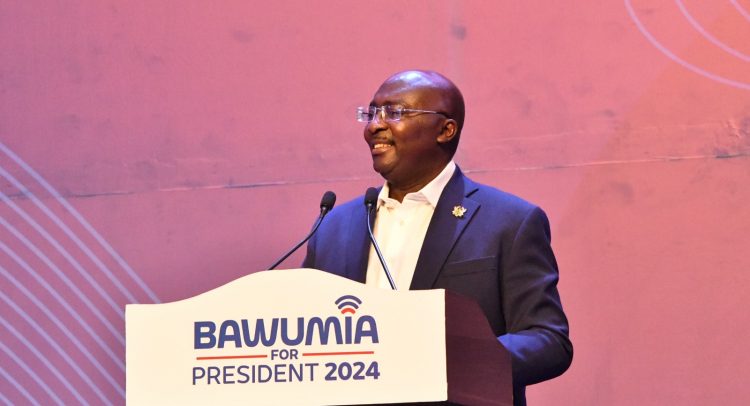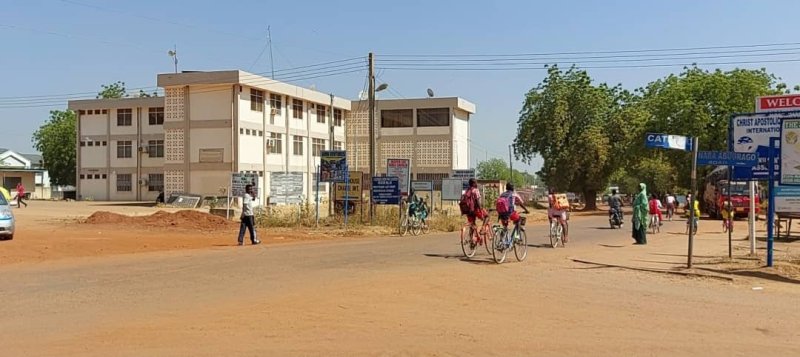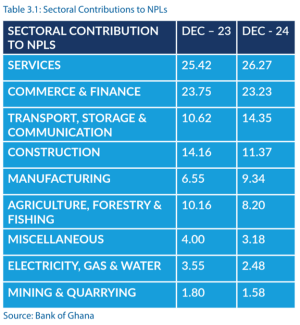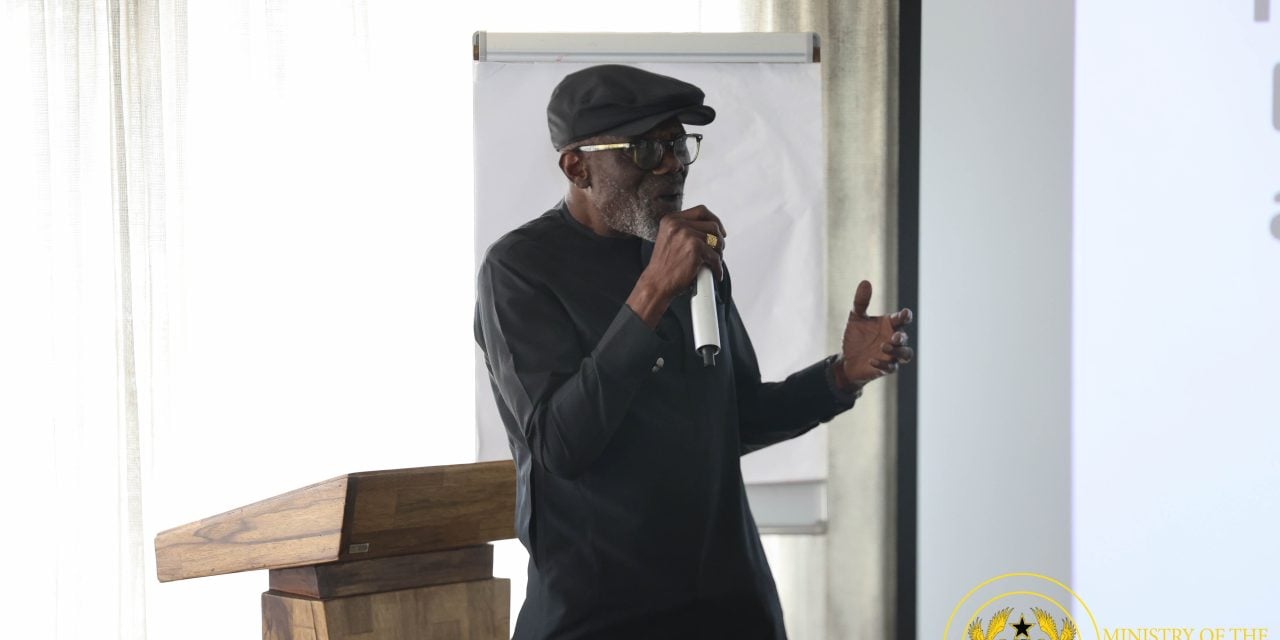
Traders of textile products in Accra have raised concerns about government's decision to designate the Tema Port as the only entry point for all imported textile products. The traders argued that the new measure would kick traders who import small quantities through the Aflao border out of business.
"This decision does not favour us at all. Some of us do not have the capital to import a container full of textile products and so we go through the Aflao border to Togo and purchase the 100 or 200 pieces we can afford to run our business. In bringing it to Ghana, we pay the required duties at the border. Introducing a singular entry point will collapse our business," one trader who referred to herself only as 'Experience' stated.
Another trader, Nana Ama, added that "if it is all about ensuring that we pay duties and bring in authentic textiles, then it is rather advisable that the government stations the tax stamp officers at the border to affix the stamp on our package and we will equally pay the right duties."
Responding to the concerns yesterday in Accra at the Ministry of Trade and Industry's sensitisation and education programme for traders in connection with the implementation of the reforms for textiles industry, the designated entry corridor was necessary to ensure imported textiles conform to the accepted standards and allow for the affixing of tax stamps.
Beginning November 15 this year, as one of the new measures, Minister of Trade and Industry, Alan Kyeremanteng, said all textile products both imported and manufactured in the country, will be affixed with a tax stamp.
He said the coverage of textile under the policy was to curb the influx of pirated textile products and ensure the right duties were paid on imported ones.
Explaining the reasons for the policy, he said that the local textile manufacturing industry, which had the capacity to employ more than 30,000 some years back, was now able to employ less than 5,000 with only three out of 15 companies operating.
"This unfortunate trend has partly been as a result of influx of pirated designs through smuggling and gross infringements on trademarks of our local textile sector which has adversely affected the industry. The tax stamp will ensure that imported textiles which make the prices of our locally produced textiles uncompetitive are significantly reduced and the right duties paid," the minister stated.
Additionally, Mr Kyeremanteng noted that the operations of the textiles anti-piracy taskforce was currently under review to undertake monitoring exercises and help to educate and sensitise traders on the application of the tax stamp.
As well as the constitution of an import management body to oversee the import of textiles and act as the single sourcing agency for all imports of textiles, he stated that government was also in discussions with foreign textile manufacturing to companies to set-up operations in the country to provide employment.
Mr Mohammed Adjei Sowah, Chief Executive Officer of the Accra Metropolitan Assembly (AMA), said trading was important in the mobilisation of revenue for the development of Accra.
As part of efforts to support the work of traders, he said the AMA would next year redevelop the sheds at Makola for improved working environment adding that the plan was already in the budget.
The CEO called on the traders to work together with the AMA to promote cleanliness at the markets and urged them to diligently pay their tolls and levies to enable the AMA undertake cleaning exercises.
Madam Christiana Laryea, president ofthe Cloth Sellers Association, said the union would table its concerns and inputs for the textile sector reforms before the ministry for consideration, adding that the traders were committed to support government in its developmental agenda.
Read Full Story

















Facebook
Twitter
Pinterest
Instagram
Google+
YouTube
LinkedIn
RSS